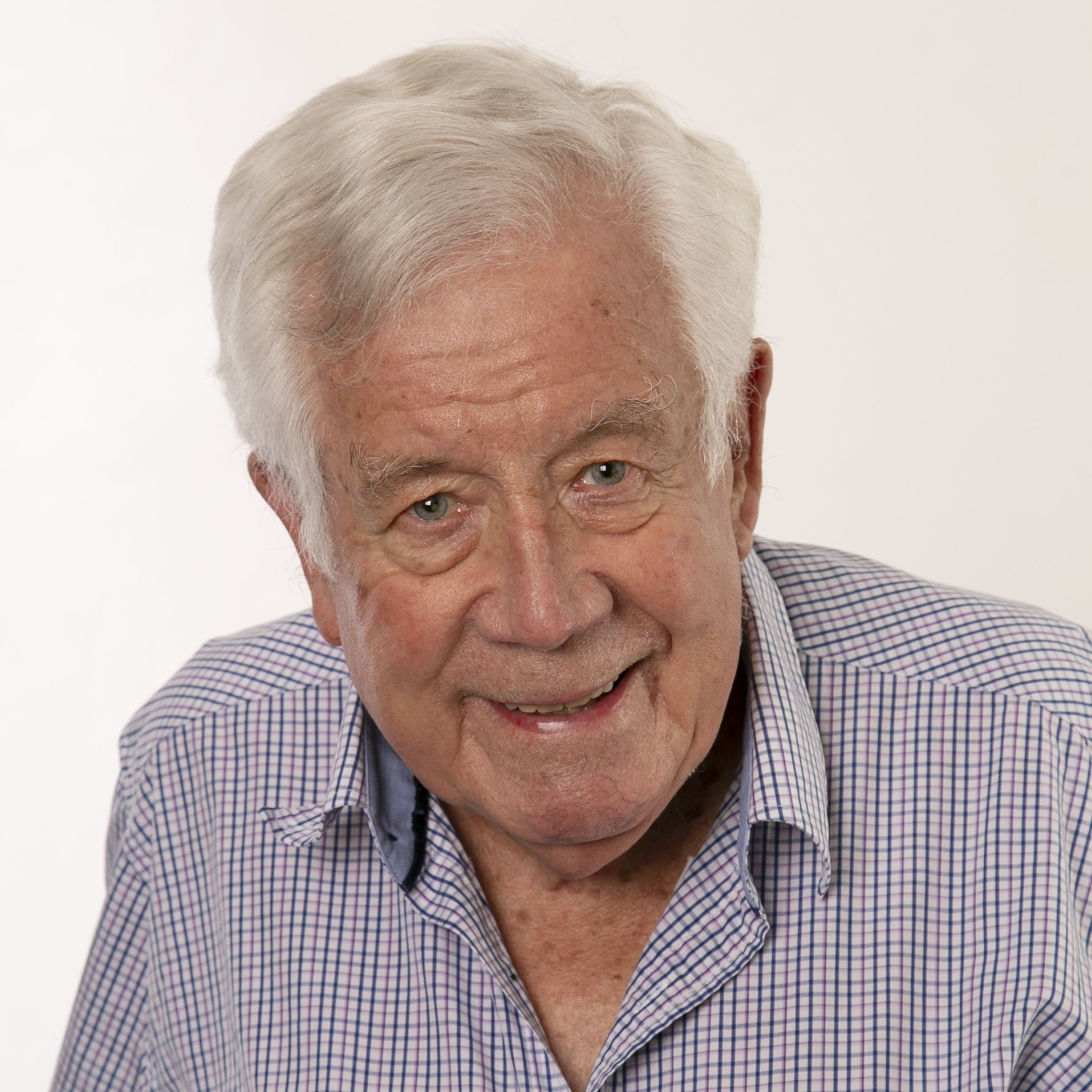News
6 July 2021
Meet Senior New Zealander of the Year
Dyslexia may have put the brakes on a writing career in his youth, but Senior New Zealander of the Year Dr Doug Wilson hasn’t looked back since publishing his first children’s book at age 70.
The now 84-year-old has since written 11 children’s books and two on aging, including Aging Well, released in April, and Aging for Beginners, released in 2018. On top of that Dr Doug is regularly interviewed by Kim Hill on Radio New Zealand and has his own podcast - Ryman Healthcare’s Aging for Beginners with Doug and Dave.
Dr Doug has strong credentials for an aging expert. Not only is he aging himself – and facing a diagnosis of early Parkinson’s disease (which “pisses me off a bit”, he says), but he has a strong medical background too, having built an international career as a medical academic, specialising in biomedicine and pharmaceuticals. Still today he is on the board of local pharmaceutical company AFT Pharmaceuticals.
It was the advent of spell check and voice-to-text services that helped him realise his long-held dream of becoming a writer – including writing books on aging.
“My spelling is absolutely abysmal, I don't know which way around the letters go,” he says.
“Because of my interest in the pharmaceuticals and new therapies, and the fact I was getting older, I wanted to know what things I should do to make my path going forward more palatable, or enjoyable and less risky in terms of disease,” he says.
He started putting these learnings into a book to help others too – something more and more of us need.
“We're accumulating in huge numbers - the population of over 85s will increase by over 300 percent in the next 20 years or so…. The country is getting older.”

Meet Senior New Zealander of the Year, Dr Doug Wilson
What are some of Dr Doug’s top tips for aging better:
- Stop smoking. This is “absolutely imperative”, he says.
- You only need 15 to 20 minutes of exercise a day. Over 15 to 20 years this will reduce your chance of premature death by 30 percent. Getting the blood flowing also improves brain function. Starting to exercise at any age will get results, he says.
- Focus on your diet. Cut out the fast food and sugar and eat more fruit and vegetables, nuts and things like olive oil. Cut down on the red meat – go for more of a Mediterranean diet. This will significantly reduce your risk of heart disease.
- Don’t let your brain go “fallow”. The more you use your brain, the better your brain will perform.
- Maintain good relationships. As you age the “coterie” of those you are close to reduces as people die or you find you no longer have things in common. Join clubs that interest you and foster a healthy relationship with those close to you. It matters to your health.
- Don’t have the phone and TV on just before bed and don’t put yourself to sleep with “too much booze” - you might fall asleep fast, but it’s more of a chemical sleep and not a healthy one. Go to sleep at the same time every night and if you wake and can’t get back to sleep, get up and walk around for a bit.
- Keep track of your biological measures. Make sure you’re having regular, age specific medical reviews – treat yourself like a car that gets a regular warrant of fitness.
MINDING THE RETIREMENT INCOME GAP
Lifetime is designed to help you bridge the gap between your expenses and the money you get from NZ Super.